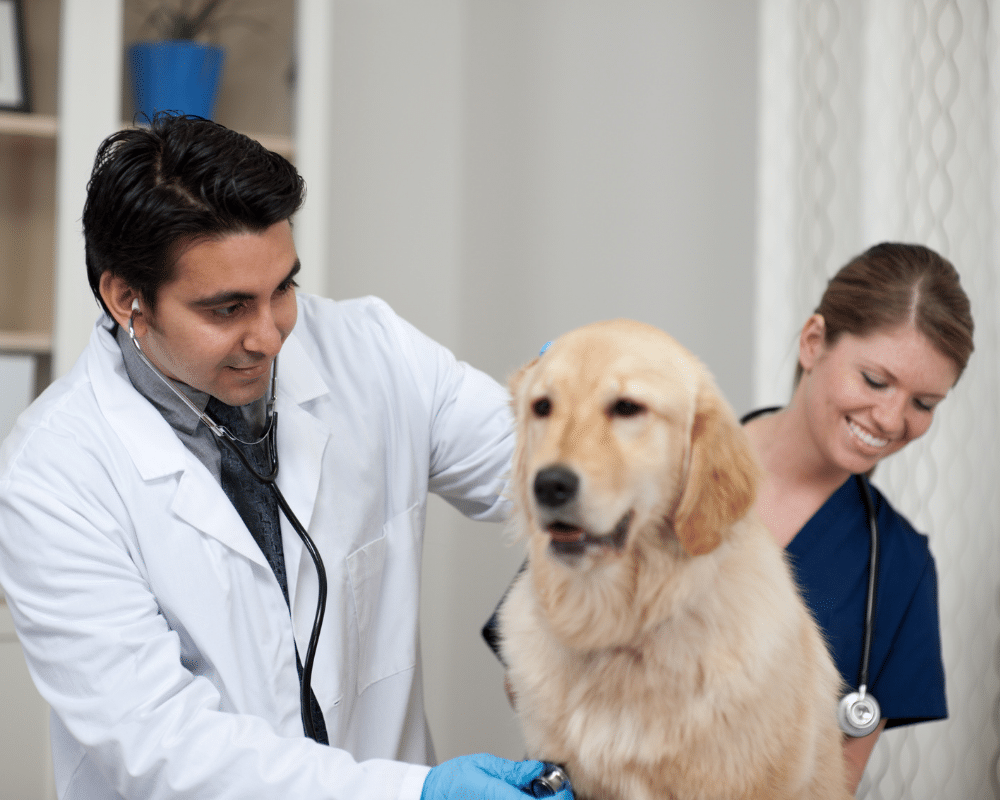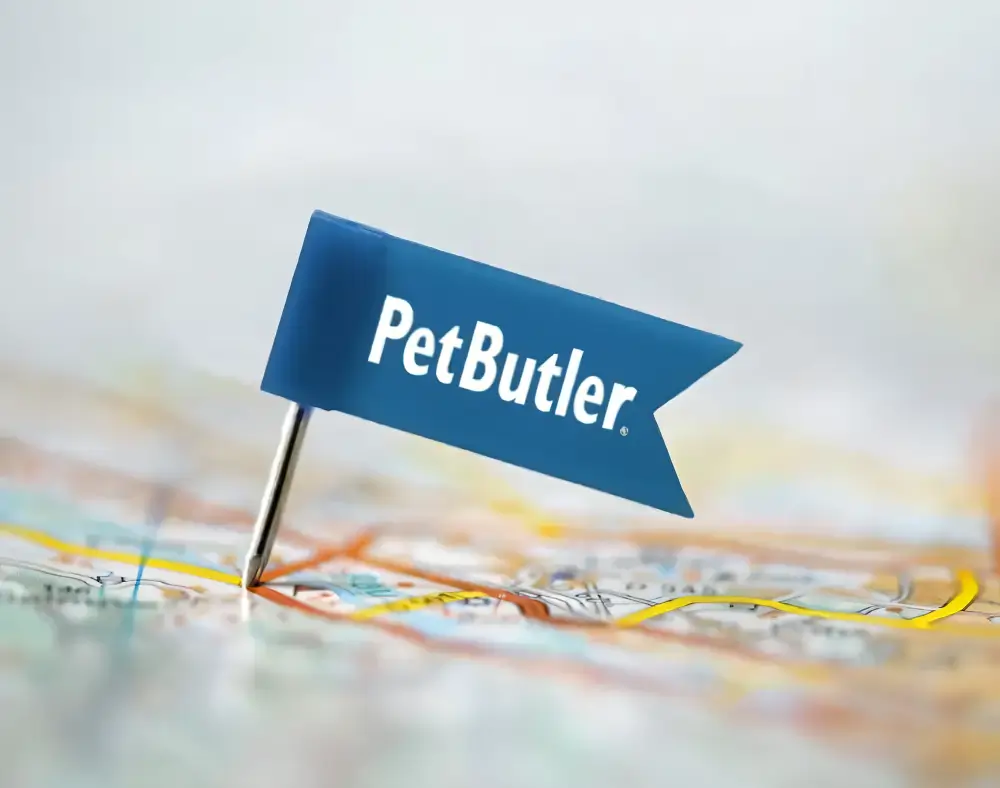You have upped your pup’s workout routine to include 30-minute walks, twice a day. You’ve added a few hills and varied pace, counted calories and changed up treats to include apple slices and baby carrots. A download from WSAVA provided you with intel on body condition scoring and the importance of monitoring body weight to get an accurate picture of your pet’s nutritional health and general wellness.
But what happens when your pet is still gaining weight despite your efforts, or their weight is stable, but they are losing muscle mass? Maybe their “waist” is still present when viewing their profile from above, indicating a body condition score of 5, but a side view shows a generous potbelly and leads you to believe they may be more like an unhealthy 9?
First of all, great job on monitoring these important health indices! Second, it’s time to call in the health care professionals, your veterinary team members, for an assessment. When there are inconsistencies, inexplicable changes in weight, or your pet experiences shifts in appetite, energy or hydration needs, call your vet.
There are several diseases that can mimic obesity in pets, so it’s best to assess your pet’s condition as soon as possible.
Common Diseases in Dogs
Hypothyroidism
One of the most common diseases among middle-aged to senior dogs is hypothyroidism. The thyroid glands control metabolism, and when hormone levels are low, your pet may experience lethargy, hair loss, weight gain or recurrent skin and ear infections.
Breeds predisposed to hypothyroidism include our retriever friends, doberman pinschers, Irish setters, boxers, poodles and cocker spaniels. A simple blood test followed by thyroid supplementation can set your pet on the road to wellness.
Cushing’s Disease (Hyperadrenocorticism)
Cushing’s disease, or hyperadrenocorticism, is another endocrine disorder that disproportionately affects boxers, terriers, poodles, dachshunds, and maltese breeds. The disease is caused by an over-production of steroid hormones, namely cortisol.
Overmedication of pets or chronic use of a steroid called “Prednisone” can also lead to Cushing’s disease. Cortisol in healthy pets regulates the body’s response to stress and helps modulate the immune system. In excessive amounts, too much cortisol can lead to weight gain, a decreased ability to fight infection, increased water consumption and appetite, a swollen appearance to the abdomen and deposition of fat stores in the shoulder and neck areas. It can also lead to hair loss, thinning or darkening of the skin and lack of energy.
While often manageable, Cushing’s disease is a serious problem in middle-aged to older pets that may require surgery or lifelong medication and blood testing.
Pancreatic Tumors
The pancreas is made up of cells responsible for producing and secreting insulin, a hormone that regulates blood sugar levels. Dogs that have tumors of the pancreas secrete excessive amounts of insulin, causing glucose levels to drop, weakness, dull mentation and weight gain.
Blood testing paired with a biopsy at the time of surgery to remove the tumor can be diagnostic and curative if the cancer has not spread.
Fluid in Belly and/or Chest
Free fluid, water or blood in the abdomen can lead to changes on the scale or a bloated belly despite consistent calorie intake and exercise. Diseases that lead to water retention or leakage of fluid out of the bloodstream and into the abdomen are many and can affect young and old animals alike. Liver disease, gastrointestinal diseases that cause low blood protein and heart disease can all lead to fluid build-up in the belly and/or chest.
Certain cancers or trauma can cause free abdominal fluid or blood loss into the abdomen, resulting in a pot-bellied appearance.
Intestinal Parasites
Puppies are adorable, no doubt; however many pups harbor intestinal parasites, giving them that rotund appearance. Most puppies are exposed to roundworms, hookworms, tapeworms and whipworms in utero via the maternal milk supply or in the environment. Intestinal parasites rob the puppies of necessary nutrients, so deworming and regular fecal testing are necessary.
No matter the cause, a sudden change in your pet’s body shape or size should be considered an emergency and prompt a visit to the veterinarian immediately. At Pet Butler, we want your pup to be their happiest and healthiest, which is why we’re here to take care of their waste. Call 1-800-PET-BUTLER to learn more about our waste removal services and how we can keep your yard clean.

